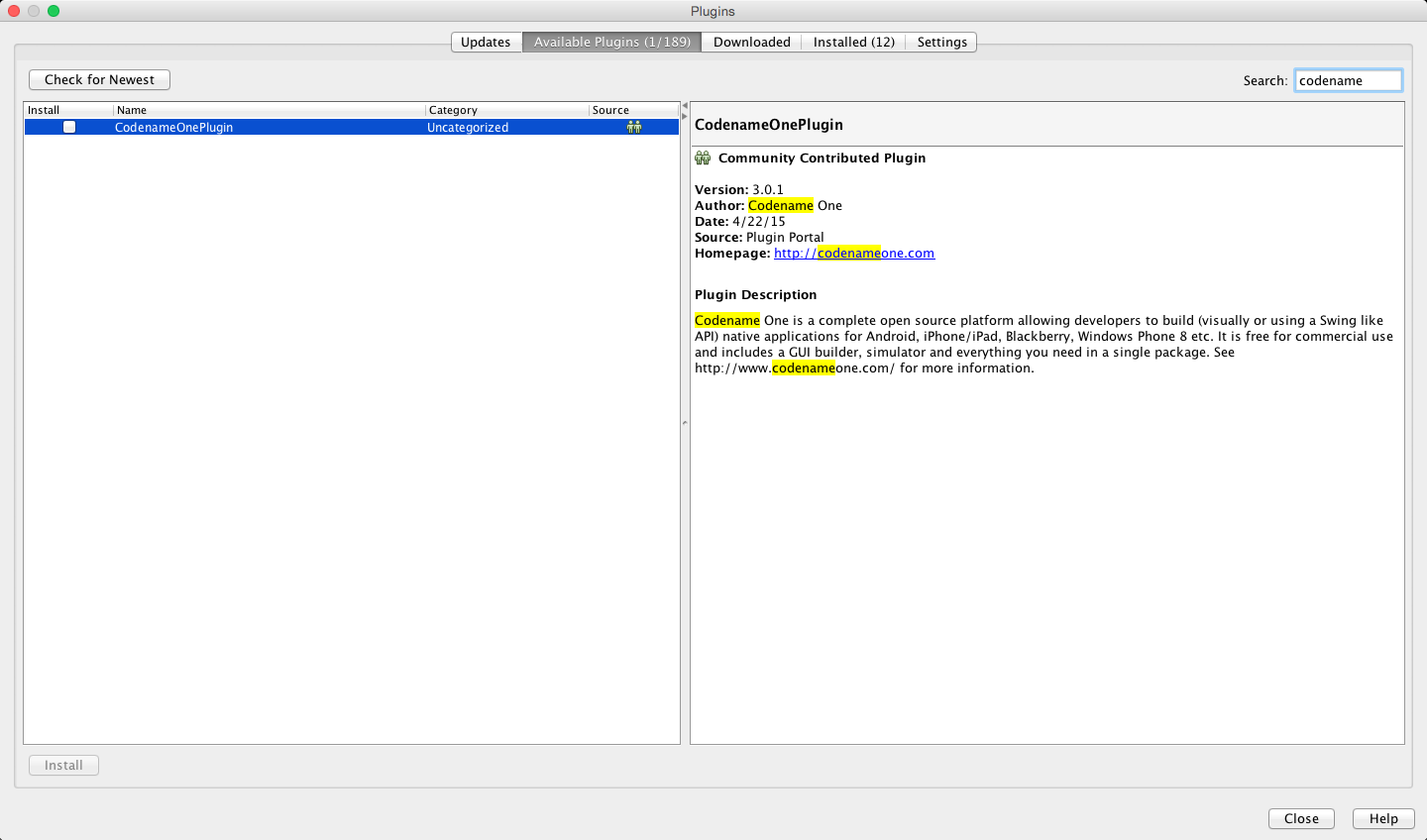

error state of your project would update in real time while you were typing. And with the round trip via Gradle, it just is guaranteed to take multiple seconds to process even a 1 character change in a unit test when you run one.Įclipse used to be awesome for this with Java: I love Kotlin but compiler speed is not one of its strengths. I still miss incremental compilation speeds for Java that were in the order of milliseconds rather than the 5-10 seconds (minimum, if you are lucky). I've only had to go back to it to fix a JavaFX app we got landed with, and I can't say I was too impressed at how well it integrated with maven, having to ditch out and use the command line to get proper bundled builds to work.Įxcept performance. Now I used Netbeans for years, but only because I was exposed to it in the university computer labs. VSCode, immediately shows that it's USP, it's extensions ecosystem, in the screenshot on the landing page and then covers some other minor USPs in brief segments.Įven Sublime Text, updated once every blue moon when Mars is in retrograde, understands that showing off USPs and the developer experience is key. Testimonies, and new features are listed on that page. IntelliJ has me scroll down the page, but I then get a breakdown of what USPs IntelliJ thinks I a developer would be interested to know about, like it's refactoring and code completion, that it has specific integrations for frameworks.

> It highlights source code syntactically and semantically, lets you easily refactor code, with a range of handy and powerful tools. All those call to actions are the bare minimum I'd expect of an IDE, nothing gives a unique selling point.


 0 kommentar(er)
0 kommentar(er)
